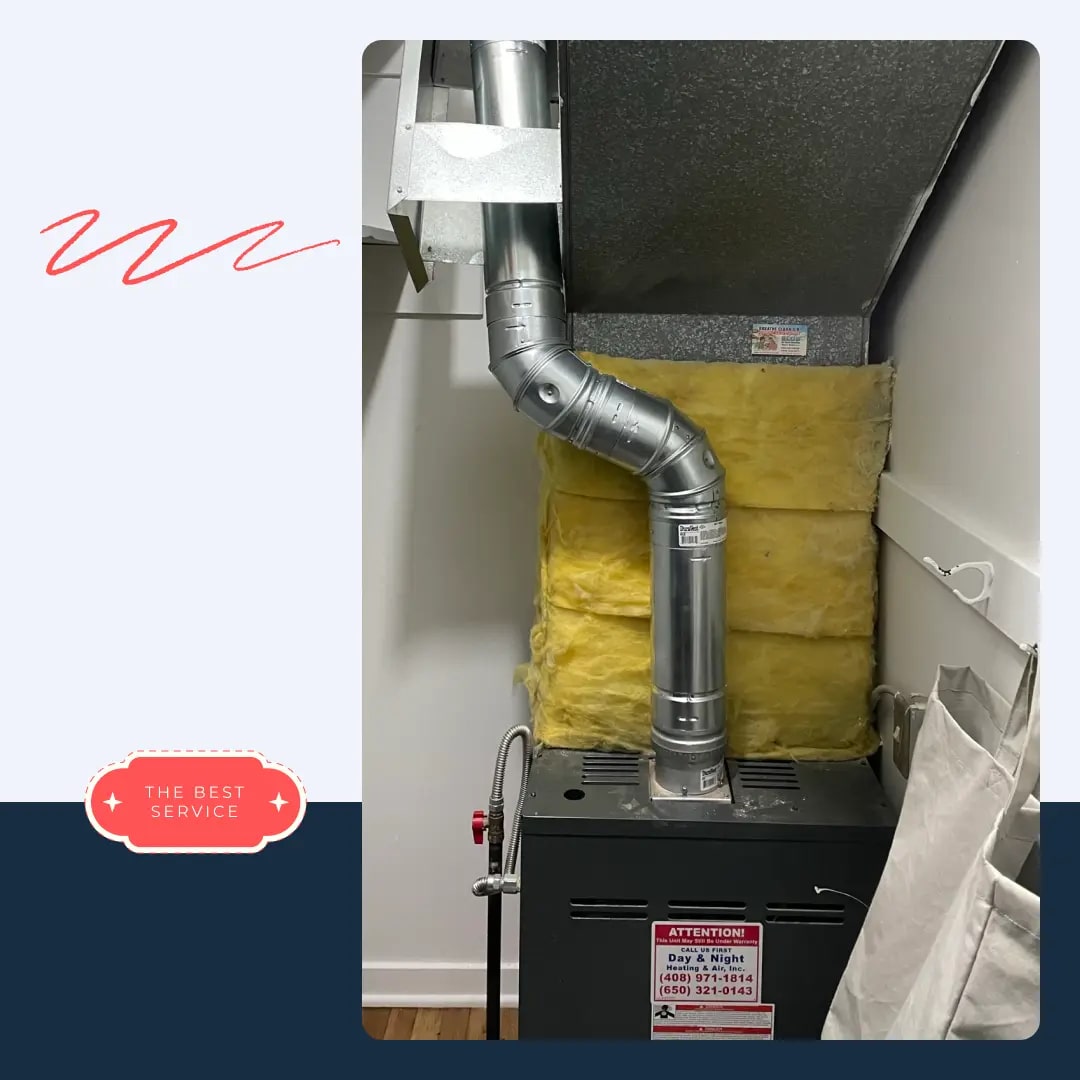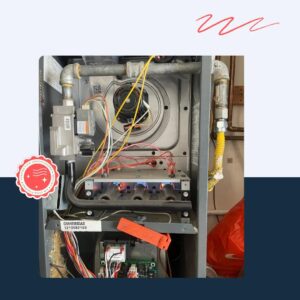How to Choose the Best Window Air Conditioner

In San Jose, where the climate is mild but summers can get hot and dry, this type of device can be a truly smart choice to keep your space cool – especially if you live in an apartment, townhouse, or need to chill one extra room. But it’s not all sunshine and comfort. Here’s an honest breakdown from Freon Service: what you gain by installing this “window guardian of cool,” and what trade-offs to expect.
Honestly, it’s a pretty even split between pros and cons. So it’s worth carefully evaluating the space where your little (or not-so-little) windowsill dweller will operate.
Best Window AC Unit and Its Surprising Perks
Let’s start with the good stuff:
- Easy installation and flexibility
You can actually install it without complicated ductwork or plumbing. Perfect for renters or anyone who doesn’t want to mess with exterior walls or city permits.
- Budget-friendly
For many of our clients, the shocking revelation was discovering that even Energy Star models with SEER 12–15 cost 3–5 times less than central air or mini-split systems. A smart pick if you only need to cool one or two rooms.
- Quiet operation
It gets better: in the modern most quiet window AC they isolate the compressor from the room and reduce noise to under 40 dB – comparable to a regular household fan.
- Quick cooling
You won’t believe this – today’s units can make a room comfortable within 10–15 minutes and maintain steady temperatures without sudden drops.
- Smart controls
There’s always something new: Wi-Fi, Google Home / Alexa / smartphone control, weekly timers, and auto shut-off are now standard features, not luxury upgrades. Some models even monitor air quality and humidity.
Best Small Window Air Conditioner and Its Annoying Limits
Now, let’s be honest about the drawbacks:
- Less aesthetic appeal
No matter how you look at it, your window (or part of it) will be occupied by this hard-working device. That means a less impressive view and some loss of sound insulation.
- Efficiency drops in extreme heat
When outdoor temps climb above 95°F, even in shade, the window frame and glass can transfer heat back in – making the system less effective.
- Limited coverage area
Even the best window unit air conditioner typically covers 100–550 sq. ft. It’s not built for whole-house cooling – you’ll need multiple units or a mini-split setup.
- Regular filter cleaning required
Filters here clog faster than in wall-mounted systems, especially if your window faces a busy street. Plan to clean it every 2–3 weeks – non-negotiable.
- Humidity control
Forget about full dehumidify mode. Your cooling buddy just isn’t built for that science. Luckily, San Jose’s air is dry enough that it’s rarely an issue – though nighttime humidity can still be noticeable.
So, what’s the perfect environment for this hero?
- You live in an apartment near downtown?
Go for a quiet, energy-efficient 10,000 BTU model that doesn’t block the whole window.
- Your room faces the sun?
Consider a 12,000 BTU unit with a higher EER rating. It’s strong enough to handle 100°F days.
Quietest Window Air Conditioner: What Is It and How to Find One
When you hear such a bold title, you might wonder – what does it even mean?
- Is it one model that won the “Oscars of Air Conditioners”?
- A secret invention by some genius manufacturer who cracked the code of silent motors?
- Or just a category of devices that meet specific noise standards?
Let’s break it down.
First of all, it’s a category or marketing term used for the best quiet window AC units whose noise levels stay below 45 dB while cooling.
Not sure what that number means? Here’s a quick comparison:
- 60 dB – normal conversation
- 50 dB – desktop fan
- 40 dB – whisper in a library
So “quietest” really does mean peaceful – a cool creator that won’t interrupt your sleep even on medium power.
You’re likely curious – what exactly makes noise in these devices?
- The main culprit is the compressor. It compresses the refrigerant and creates vibrations.
- Its “right-hand noise assistant” is the fan, which gets extra annoying if the blades are unbalanced or air flows through tight grilles.
- The housing and window vibrations also add their part to the chorus.
By the way, even for the best quiet window air conditioner, such silence was once impossible. Want to know why?
Insert dramatic music here:
- Back in the day, compressors worked only in on/off cycles – full blast, then off. Noise and vibration were inevitable.
- With inverter motors, smooth, quiet, and stable operation became possible.
- Add dual noise insulation and rubber vibration dampers, and the difference is night and day.
All in all, when choosing “the one,” look at the Noise Level spec – the sweet spot is between 35–45 dB.
Best Window Air Conditioner for Large Room – Is It Realistic?
In short: yes. If your goal is to find that valuable and effective artifact, the key is to choose wisely and consider the following factors:
- Room size + BTU
The bigger the space, the more cooling power you need:
- A room of 400–600 sq. ft. typically needs about 12,000–18,000 BTU of cooling power.
- A large living room–kitchen combo that’s roughly twice that size will require 18,000–25,000 BTU, or even more in some cases.
- Power supply
A best windowless air condition for large rooms – especially those that barely fit in a window – often requires 220–230V instead of the standard 110–120V. Keep that in mind, or you may end up rewiring your outlet or downsizing your unit.
- EER / SEER / CEER efficiency
Even within high BTU ranges, efficiency matters. If a unit cools fast but eats electricity, your bills will spike. Comparing EER and SEER ratings helps you pick a “smart” energy-conscious option.
- Installation and ventilation details
- Window width
- How tightly the unit fits into the frame
- Air leakage or outdoor exposure
- Sun-facing vs. shaded side
All of that affects performance. Even a cooling powerhouse will struggle if warm air sneaks in through gaps or poor insulation.
- Extra features
Desirable add-ons for health, comfort, and savings include:
- Dehumidifier mode
- Timer and sleep mode
- Air filters and purification
- Energy Star certification
Freon Service can help you find the most optimal and cheap window AC and make sure it performs efficiently and reliably. We’ll:
- Calculate your exact square footage
- Factor in sunlight, windows, ceiling height, and heat sources
- Match the right BTU, EER, and SEER
- Check the proper voltage
- Install the unit to minimize air leaks, vibration, and noise
- Fine-tune your ideal operating mode
We also offer annual maintenance and support so your home’s cool comfort doesn’t fade over time.







